
Apple and the FBI testified before the US House of Representatives Judiciary Committee today in a hearing that lasted for over five hours.
The hearing was titled: The Encryption Tightrope: Balancing Americans’ Security and Privacy, and served to let the committee members grill the parties with questions on encryption, specifically the San Bernardino unlocking case that has the FBI and Apple heading to court later this month.
A replay of the proceedings is happening now:
FBI Director James Comey went first, and while he handled himself congenially before the committee, he made a number of comments that will almost certainly find themselves in Apple’s quiver.
First, Comey said that the decision in the San Bernardino case could influence other decisions down the line, though he reiterated the government’s argument that the FBI’s request is about one specific case. He later said, however, that the FBI would leverage the precedent set by the San Bernardino case for other warrants.
He also admitted “there was a mistake made” when the Apple ID password linked to the iPhone 5C used by terrorist Syed Farook was changed, which was done at the request of the FBI. Up until this point, the FBI has not characterized the change as an error. Comey was quick to add though an iCloud backup would not have turned up all the information the FBI is seeking from the iPhone.
There were more head-scratching moments from Comey.
He failed to say whether he thinks Congress or the courts should make decisions on matters of privacy. He said hadn’t reviewed the ruling issued in a case yesterday in which the government lost in its effort to force Apple to unlock an iPhone under the All Writs Act, the same law the FBI is using against Apple in the San Bernardino case.
He also repeated the assertion that Apple’s refusal to help the FBI is a business-model problem rather than the result of any technical inability to do so. In his testimony, Apple General Counsel Bruce Sewell said “it makes my blood boil” when he hears that claim.
“To say that it’s a marketing ploy or about PR, diminishes what should really be a serious conversation,” he said.
Apple’s turn
Sewell was joined by Susan Landau, a professor at Worcester Polytechnic Institute, and Cyrus Vance, district attorney for New York County who has said there are iPhones tied to crimes in his jurisdiction that law enforcement can’t unlock, in a second panel.
Sewell repeated many of Apple’s earlier arguments that the San Bernardino case isn’t about one iPhone, and if Apple was forced to build the software to unlock the phone it would set a precedent and put millions of users at risk. Vance took issue with Sewell’s and Apple’s use of the word “millions,” asking for more specific figures.
Sewell was also chided by committee members for calling for legislative action on the matter of encryption and what companies should be required to do, but not recommending anything specific.
When asked if Apple will submit legislation for Congress to look at, Sewell said Apple might after there is debate on the matter.
Source: techradar.com

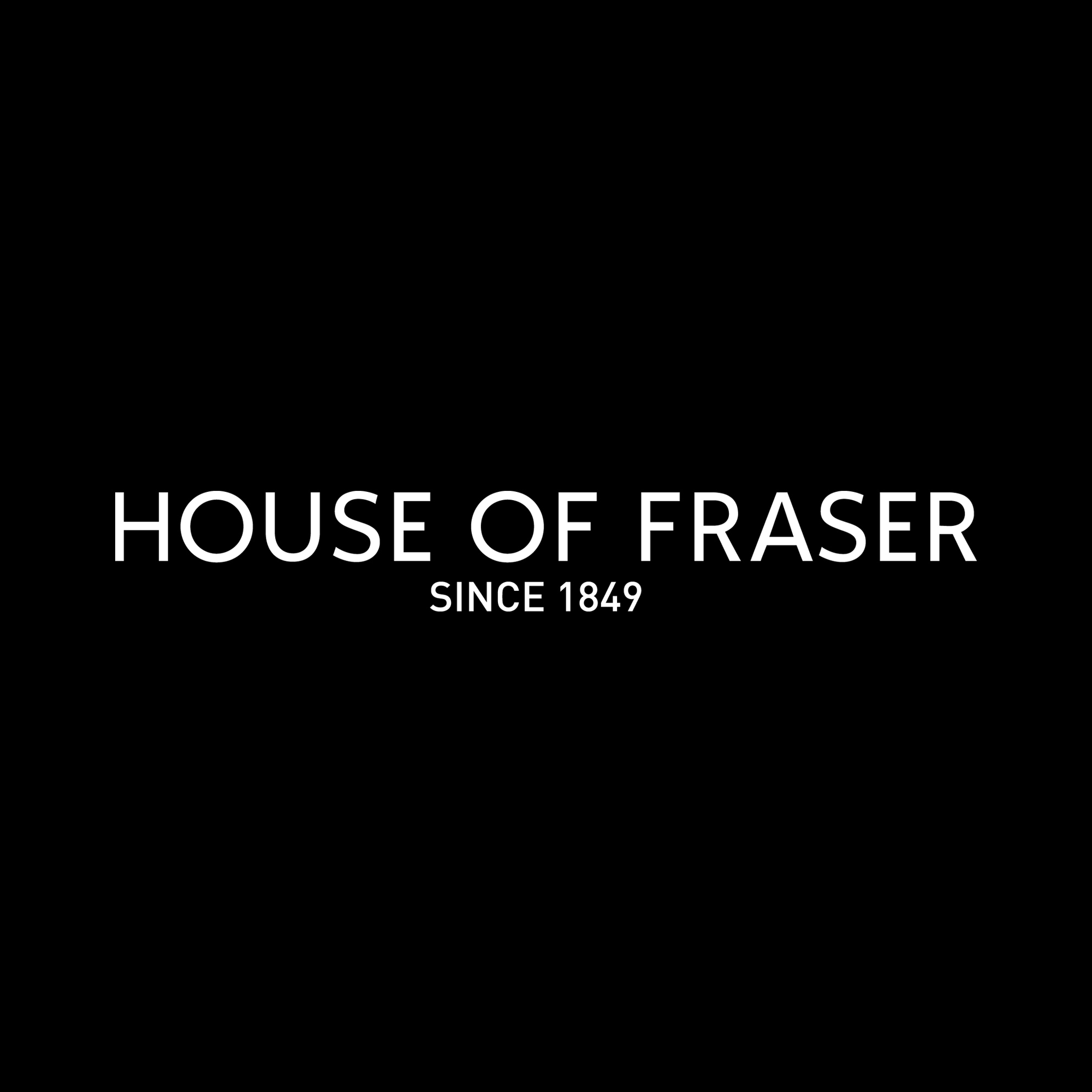



































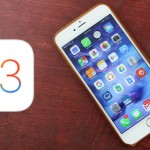

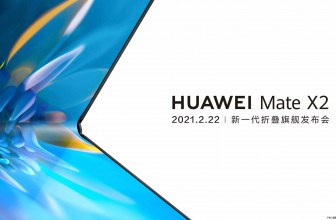
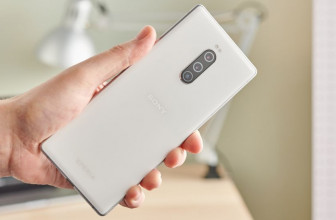
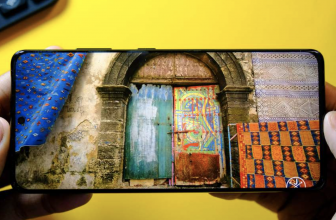
It is evidently becoming more clear that terrorism is rapidly becoming a way of removing privacy and freedom from innocent people, these famous new world order theories are becoming more fact and less conspiracy as the years go by…